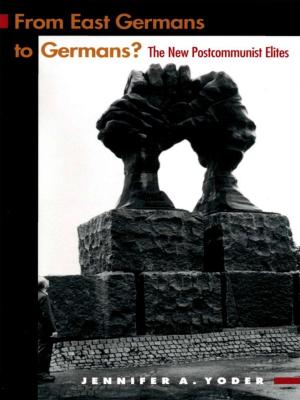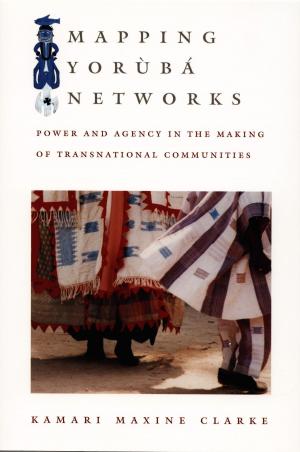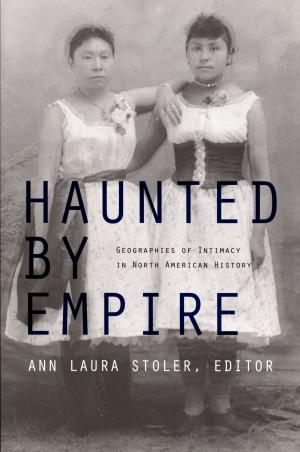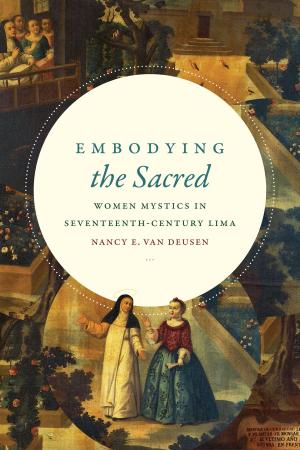Entanglements of Empire
Missionaries, Maori, and the Question of the Body
Nonfiction, History, Australia & Oceania, British| Author: | Tony Ballantyne | ISBN: | 9780822375883 |
| Publisher: | Duke University Press | Publication: | February 14, 2015 |
| Imprint: | Duke University Press Books | Language: | English |
| Author: | Tony Ballantyne |
| ISBN: | 9780822375883 |
| Publisher: | Duke University Press |
| Publication: | February 14, 2015 |
| Imprint: | Duke University Press Books |
| Language: | English |
The first Protestant mission was established in New Zealand in 1814, initiating complex political, cultural, and economic entanglements with Māori. Tony Ballantyne shows how interest in missionary Christianity among influential Māori chiefs had far-reaching consequences for both groups. Deftly reconstructing cross-cultural translations and struggles over such concepts and practices as civilization, work, time and space, and gender, he identifies the physical body as the most contentious site of cultural engagement, with Māori and missionaries struggling over hygiene, tattooing, clothing, and sexual morality. Entanglements of Empire is particularly concerned with how, as a result of their encounters in the classroom, chapel, kitchen, and farmyard, Māori and the English mutually influenced each other’s worldviews. Concluding in 1840 with New Zealand’s formal colonization, this book offers an important contribution to debates over religion and empire.
The first Protestant mission was established in New Zealand in 1814, initiating complex political, cultural, and economic entanglements with Māori. Tony Ballantyne shows how interest in missionary Christianity among influential Māori chiefs had far-reaching consequences for both groups. Deftly reconstructing cross-cultural translations and struggles over such concepts and practices as civilization, work, time and space, and gender, he identifies the physical body as the most contentious site of cultural engagement, with Māori and missionaries struggling over hygiene, tattooing, clothing, and sexual morality. Entanglements of Empire is particularly concerned with how, as a result of their encounters in the classroom, chapel, kitchen, and farmyard, Māori and the English mutually influenced each other’s worldviews. Concluding in 1840 with New Zealand’s formal colonization, this book offers an important contribution to debates over religion and empire.















